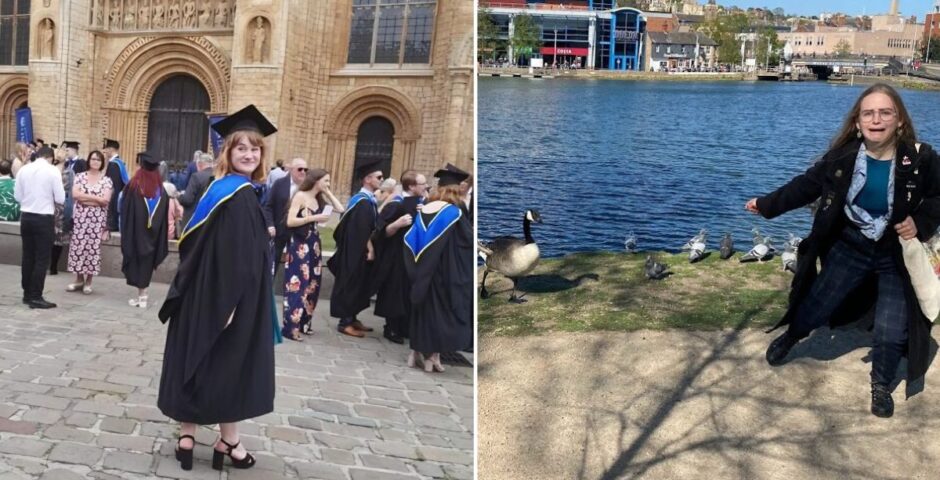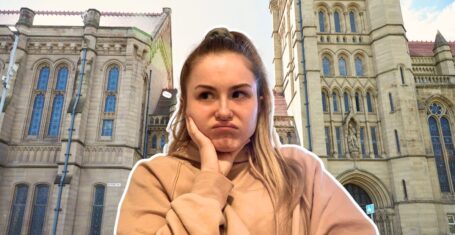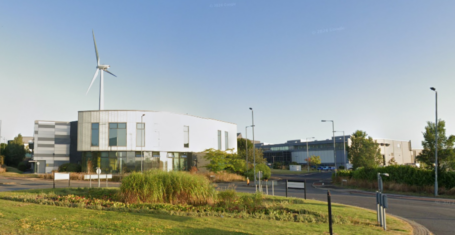
New report reveals both Nottingham universities’ historic links with slavery
Researchers hope it will encourage discussions on ‘appropriate reparatory measures’
A new report by Nottingham Trent University and the University of Nottingham reveals links between the two education providers and the trans-Atlantic slave trade.
The research aims to look at the “contemporary legacies of historic slavery” at both of the universities as well as helping to form “part of a wider picture of the historic connections seen across the UK higher education sector”.
According to the University of Nottingham, the publication of the report also marks the beginning of a collaboration between the community and the university in order to discuss “appropriate reparatory measures”.
The report focuses on how Nottingham’s universities were financed, specifically by donations, both by firms and by individual benefactors.
It looks at the period from 1875 when the first donation was made for the founding of University College Nottingham (UCN), which is the institution both universities would evolve from, through to a donation received by the University of Nottingham in 1960 as part of its campaign for endowment.
Researchers analysed a range of 18th and 19th century pieces of evidence which looked into eight benefactors’ businesses and origins of wealth. This research included ledgers of African enslaved people, importation figures for colonial produce, wills, and written correspondence.
One of the key findings was that the “benefactors of Nottingham’s universities have a variety of historic connections to the transatlantic slave economy including the ownership of enslaved African people, the manufacture of cash crops cultivated by enslaved Africans, and governorship of British West Indian colonies during the 18th and 19th centuries”.
It also found that four of Nottingham’s most prominent sectors have historical ties to the trans-Atlantic slave trade. These are textiles, tobacco, banking, and pharmaceuticals.
Most Read
One company that had links with the slave trade in the pharmaceutical sector was Boots Pharmacy due to Jesse Boot, the son of the company’s founder, expanding the business with the assistance of banks and locations that are linked to slavery.
However, it must be noted that, according to The Guardian, he was not involved in enslaving people, trading people, or trading goods made by enslaved people.
A spokesperson for Boots said: “As founding benefactors of the University of Nottingham, Boots supported this important piece of research in the interests of transparency and openness.
“As part of this research, our past, alongside that of other institutions, has been carefully examined. We are committed to drawing lessons from our history, especially anything that is inconsistent with our present values. We stand against all discrimination and remain wholly dedicated to fostering an inclusive and diverse culture.”
Finally, a number of university buildings were also confirmed to be tied with the slave trade. These were the Portland Building, Trent Building, and the Bentinck Room.
The University of Nottingham’s pro-vice chancellor for people and culture, Professor Katherine Linehan, said: “In line with our university value of openness, we joined with Nottingham Trent to commission a research project to explore any potential historical links the city’s two universities may have to transatlantic enslavement.
“The publication of this report is the first step in the University of Nottingham acknowledging these historical links and will act as a catalyst to an open dialogue between the university and its Black heritage community with respect to reparative justice.”
The University of Nottingham has also noted that reparative justice work in relation to this report, will be part of the ongoing actions in its Race Equality Charter institutional delivery plan.






















